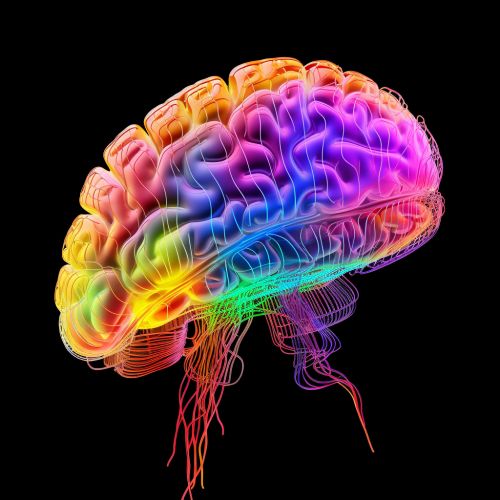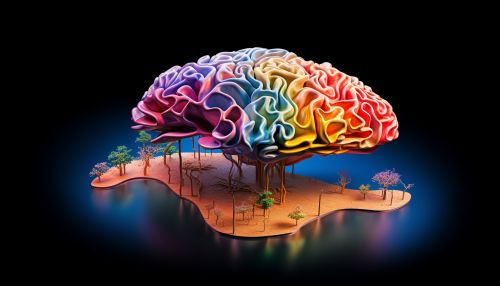Cognitive Mechanisms of Cognitive and Social Neuroscience
Overview
Cognitive and social neuroscience are two interrelated fields that study the neural basis of cognitive processes and social interactions. Cognitive neuroscience focuses on the neural substrates of mental processes and their behavioral manifestations, while social neuroscience examines how the brain mediates social interactions. Both fields utilize a variety of methods from neuroimaging to behavioral neuroscience to explore the complex interplay between the brain, cognition, and social behavior.


Cognitive Neuroscience
Cognitive neuroscience is a branch of neuroscience that studies the biological processes that underlie cognition, especially in relation to the brain and its neural connections. This field combines knowledge and methods from psychology, neurology, and computational neuroscience to understand how the brain gives rise to mental activities such as perception, attention, memory, language, and consciousness.
Cognitive Mechanisms
Cognitive mechanisms refer to the processes or methods by which our brains understand, process, and respond to the information from our environment. These mechanisms include perception, attention, memory, and executive functions.
Perception
Perception is the process by which we interpret sensory information to understand our environment. It involves several stages, from the initial reception of sensory information to the interpretation of this information in the brain. Cognitive neuroscientists study perception to understand how the brain processes sensory information and creates our experience of the world.
Attention
Attention is the cognitive process that allows us to focus on specific stimuli while ignoring others. It is a crucial mechanism for managing the vast amount of information that our senses receive every moment. Cognitive neuroscientists study attention to understand how the brain selects and prioritizes information for further processing.
Memory
Memory is the cognitive process that allows us to store, retain, and recall information. It is a crucial mechanism for learning, decision making, and identity formation. Cognitive neuroscientists study memory to understand how the brain encodes, stores, and retrieves information.
Executive Functions
Executive functions are a set of cognitive processes that regulate, control, and manage other cognitive processes. They include processes such as planning, problem-solving, decision making, and impulse control. Cognitive neuroscientists study executive functions to understand how the brain coordinates and regulates complex cognitive activities.
Social Neuroscience
Social neuroscience is a field that investigates the biological mechanisms underpinning social structures and processes. It integrates theories and methods from social psychology, cognitive neuroscience, and biology to understand how biological systems implement social processes and behavior.
Social Cognitive Mechanisms
Social cognitive mechanisms refer to the cognitive processes that underpin social interactions and behavior. These mechanisms include social perception, empathy, theory of mind, and social decision making.
Social Perception
Social perception is the process by which we interpret and understand social cues and signals from others. It involves interpreting facial expressions, body language, and social context to understand others' emotions, intentions, and behaviors. Social neuroscientists study social perception to understand how the brain processes social information and guides social behavior.
Empathy
Empathy is the ability to understand and share the feelings of others. It is a crucial mechanism for social bonding, cooperation, and conflict resolution. Social neuroscientists study empathy to understand how the brain processes others' emotions and experiences.
Theory of Mind
Theory of mind is the ability to attribute mental states to oneself and others. It is a crucial mechanism for understanding others' thoughts, beliefs, and intentions. Social neuroscientists study theory of mind to understand how the brain represents and infers others' mental states.
Social Decision Making
Social decision making is the process of making decisions in a social context. It involves considering others' preferences, beliefs, and intentions, as well as societal norms and rules. Social neuroscientists study social decision making to understand how the brain integrates social information into decision-making processes.
Intersection of Cognitive and Social Neuroscience
Cognitive and social neuroscience intersect in many ways, as both fields study the neural basis of mental processes and behavior. This intersection is particularly evident in the study of social cognitive mechanisms, which involve both cognitive and social processes. For example, social decision making involves both decision-making processes (a topic of cognitive neuroscience) and social perception and theory of mind (topics of social neuroscience).
